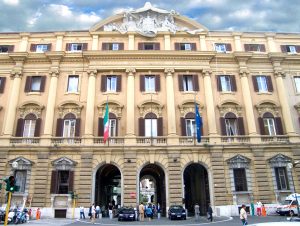Government scholars claim that co-production might be the key to evolving toward more citizen-centric and sustainable public services: Fondazione Bruno Kessler and Deusto join their hand in the paper entitled A collaborative environment to boost co-production of sustainable public services, on Interlink results.
The paper describes the work carried out within the project towards devising a co-production environment to democratize and boost the collaborative co-design and co-delivery of public services and to foster the reuse of a continuously growing plethora of public services’ building blocks (Interlinkers). The evaluation strategy to assess the provided co-production environment in 3 cross-European pilots is designed to understand the perceived quality of digitally co-produced public services and its influence on their acceptance and trust among civil servants, citizens, and other stakeholders.
Essentially, this paper describes the release of Interlink in alpha mode, now which is ready for being tested in 3 European pilots (Italy, Latvia, and Spain). The Interlinkers needed by the collaborative environment at each pilot site, the evaluation strategy and measuring instruments, pilots’ Workplan, and engagement activities created have been reported and are now ready for the evaluation. Thus, this project will be able to assess whether its co-production methodology and associated tools and artifacts contribute to the wider adoption of co-production as a good practice to deliver more highly acceptable and usable public services or not.
Interested in smart and sustainable technologies?
If you want to know more, book your seat at SpliTech 2022 and meet our partner from Deusto, full professor Diego Lopez de Ipina Gonzalez de Artaza (general co-chair of the conference).
For the 7th consecutive year, the University of Split is organizing a 4-day scientific/professional/industry and hybrid conference that will take place in Croatia (July 5-8) on the topics: IoT, RFID, Smart Cities, Energy, and Health.





